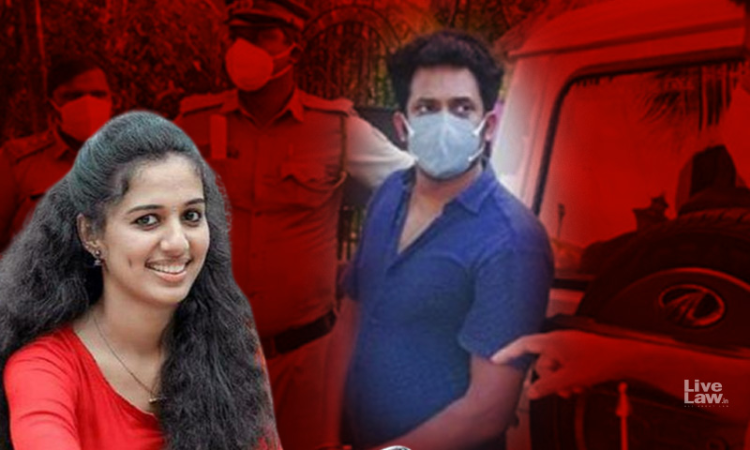Vismaya Dowry Death Case: Kerala High Court Refuses To Suspend Husband Kiran Kumar's 10-Yrs Sentence
Athira Prasad
13 Dec 2022 10:58 AM IST

Next Story
13 Dec 2022 10:58 AM IST
The Kerala High Court on Tuesday dismissed the application filed by Kiran Kumar, the convict in the Vismaya dowry death case, seeking an interim order for suspension of his 10 years sentence.The application was moved in a Criminal Appeal against his conviction and sentence handed down in May this year following his wife's death under mysterious circumstances, after she had complained of...
